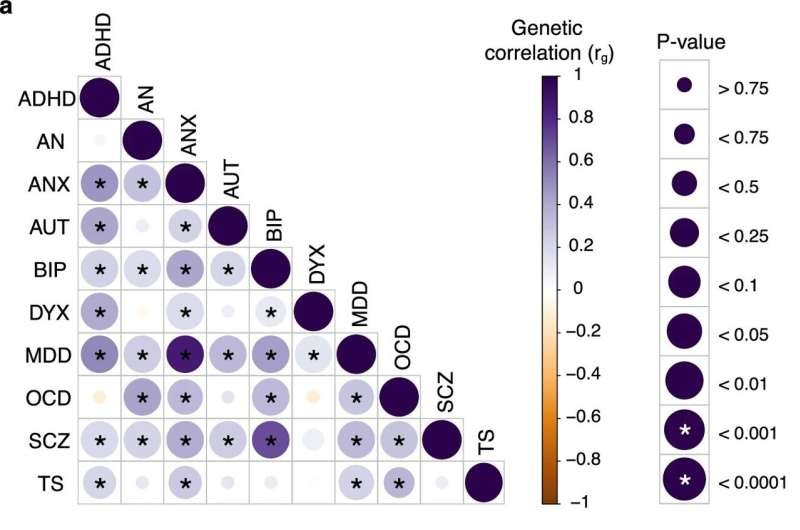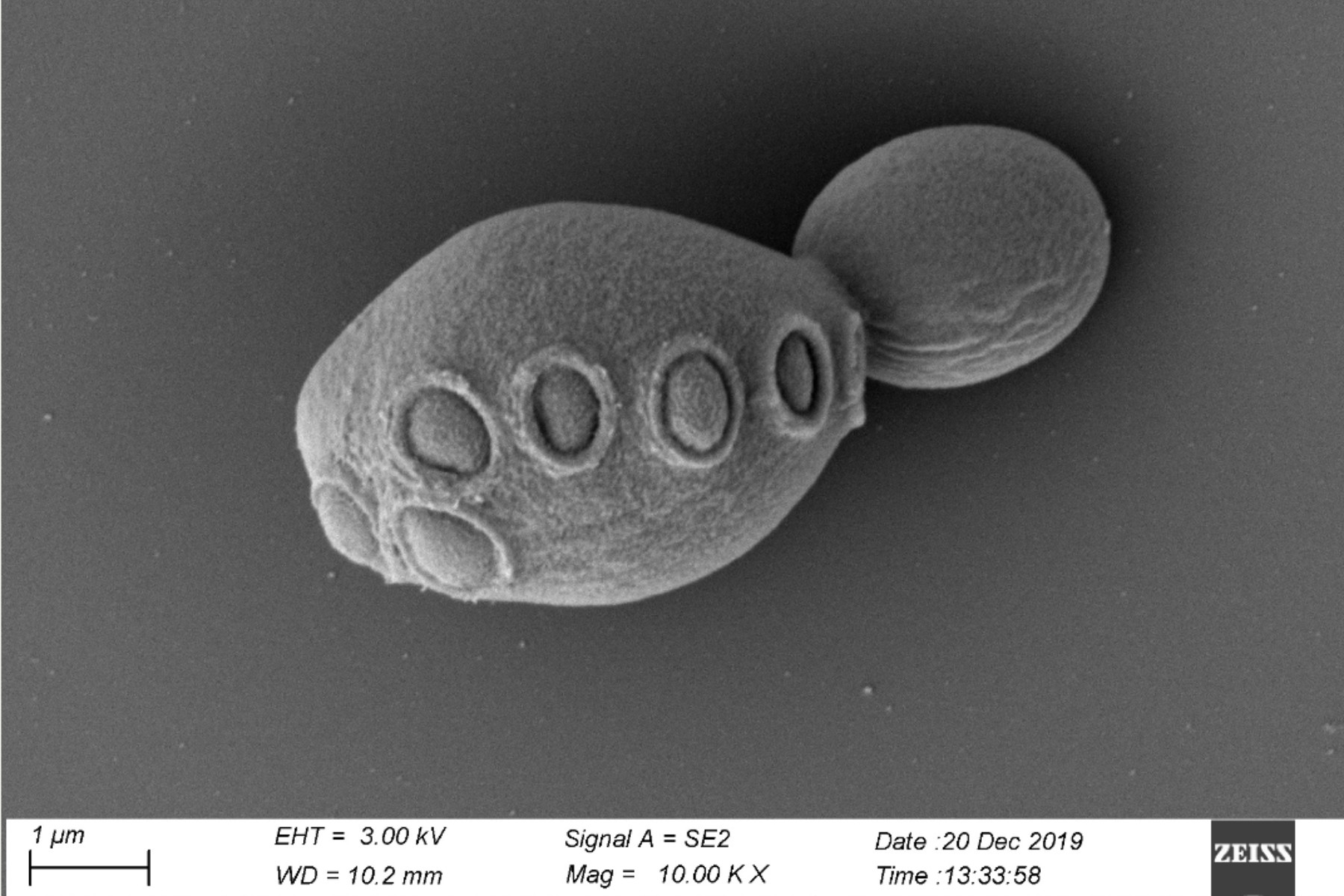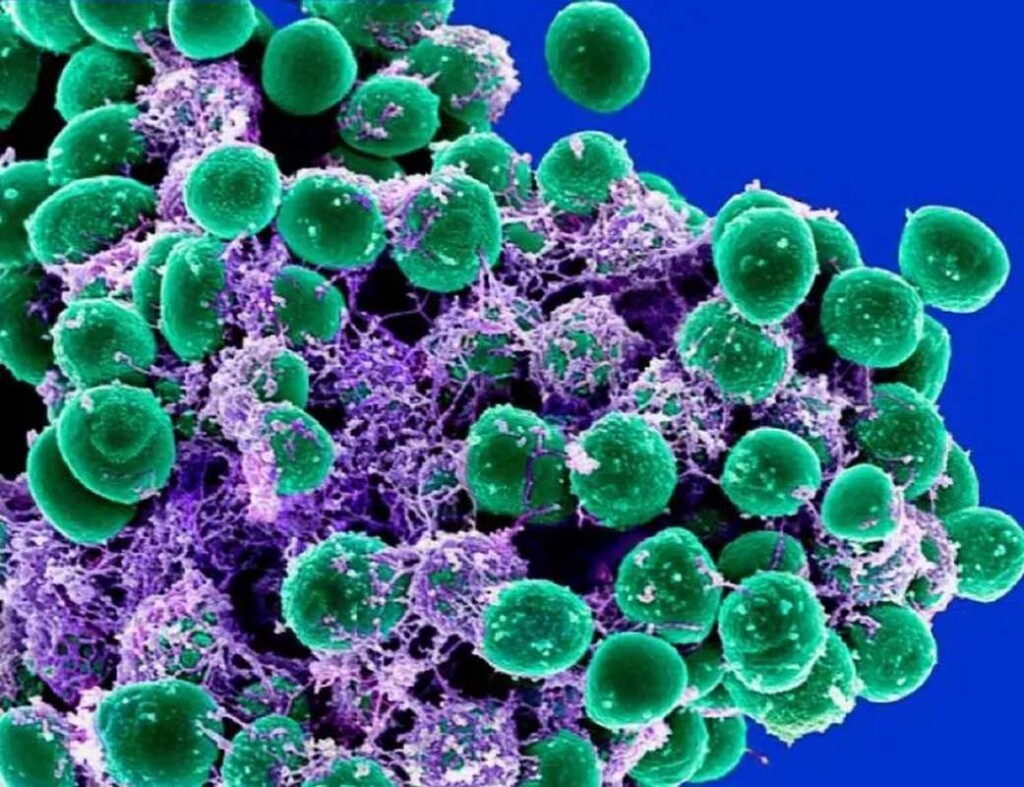Genetic Study Reveals Shared Origins of ADHD and Learning Disorders
Dutch researchers analyzing data from 19,000 twins have discovered common genetic foundations linking ADHD, dyslexia, and dyscalculia. The groundbreaking findings explain why these conditions frequently co-occur and suggest the need for targeted interventions rather than assuming one condition causes another.
Breakthrough: First Complete Synthetic Yeast Genome Successfully Created
Scientists at Macquarie University have achieved a historic milestone by assembling the first complete synthetic genome for baker's yeast after a decade of research. This groundbreaking advancement opens new possibilities for engineering organisms resistant to climate challenges and diseases, with implications for food production, medicine, and sustainable materials.
Herpes Virus May Play Protective Role in Early Stages of Alzheimer's Disease
University of Pittsburgh researchers have discovered that herpes simplex virus-1 (HSV-1) interacts with tau protein in ways that may initially protect against Alzheimer's disease. This groundbreaking finding challenges traditional views of tau protein's role and opens new possibilities for treating neurodegenerative conditions.
Stanford Breakthrough: Painless Cream Vaccine Created from Common Skin Bacteria
Stanford researchers have transformed a harmless skin bacterium into a revolutionary cream-based vaccine, potentially eliminating the need for needle injections. The engineered Staphylococcus epidermidis showed strong results against tetanus in mice, offering a pain-free and accessible vaccination method.
Genetic Breakthrough Links Brain Structure to Dyslexia
A landmark study analyzing genetic data from over 1 million individuals has revealed how dyslexia-related genes affect brain structure and function. The research uncovered correlations between genetic variants and volume differences in specific brain regions, offering new insights into this condition affecting 5% of school children globally.




